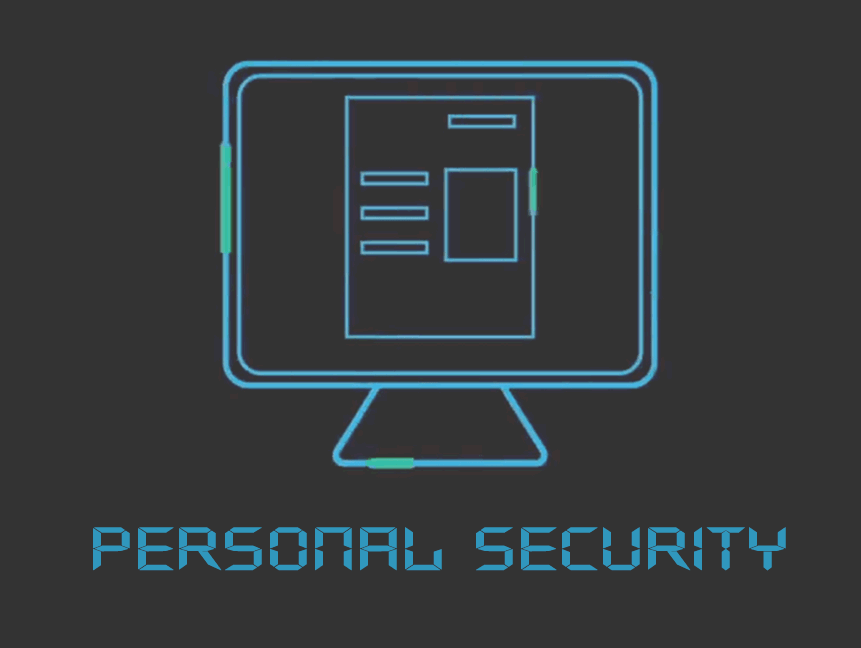In an increasingly digital world, personal cybersecurity has become paramount to safeguarding sensitive information and protecting oneself from cyber threats. As individuals in Nigeria engage in various online activities, such as social media, online banking, and e-commerce, the need to strengthen personal cybersecurity practices is more critical than ever. In this section, we will explore essential steps and best practices for individuals in Nigeria to enhance their personal cybersecurity and stay safe online.
- Strong and Unique Passwords: Using strong and unique passwords for online accounts is a fundamental step in personal cybersecurity. Avoid common passwords and consider using a password manager to store and manage complex passwords securely.
- Enable Two-Factor Authentication (2FA): Two-factor authentication adds an extra layer of security to online accounts. Enable 2FA whenever possible to prevent unauthorized access, even if your password is compromised.
- Keep Software and Devices Updated: Regularly update operating systems, software, and applications on all devices, including smartphones, laptops, and tablets. Updates often contain critical security patches that protect against known vulnerabilities.
- Secure Wi-Fi Networks: Secure your home Wi-Fi network with a strong password and encryption (e.g., WPA2 or WPA3). Avoid using public Wi-Fi networks for sensitive activities, such as online banking or accessing personal accounts.
- Be Cautious with Email and Phishing: Exercise caution when opening email attachments or clicking on links, especially from unknown senders. Be wary of phishing attempts, where cybercriminals impersonate legitimate entities to steal personal information.
- Use Secure Websites (HTTPS): When conducting online transactions or sharing personal information, ensure you are using secure websites with “HTTPS” in the URL. This indicates that data transmitted between your browser and the website is encrypted.
- Be Mindful of Social Media Privacy: Review and adjust privacy settings on social media platforms to control who can view your personal information and posts. Avoid oversharing personal details publicly.
- Regularly Back Up Data: Regularly back up important data to an external drive or secure cloud storage. In case of a ransomware attack or data loss, having backups ensures you can recover your files.
- Be Skeptical of Unsolicited Messages: Avoid responding to unsolicited messages, especially those claiming to offer prizes, financial opportunities, or urgent requests for personal information. Scammers often use such tactics to deceive individuals.
- Educate Yourself about Cybersecurity: Stay informed about the latest cybersecurity threats and best practices. Invest time in educating yourself about online safety and share this knowledge with friends and family.
Conclusion:
Strengthening personal cybersecurity is not only a responsibility but also an empowering practice for individuals in Nigeria. By following these best practices and staying vigilant, individuals can protect themselves from cyber threats, safeguard their personal information, and contribute to a safer digital environment for everyone. Remember, in the digital age, cybersecurity is everyone’s concern, and taking proactive steps can make a significant difference in staying safe online.
Web Developer | Cybersecurity Advocate | Offensive Security Enthusiast
Passionate about Personal Transformation and Offensive Security, I’m Ehinomhen Okaiwele—a dedicated Web Developer and Cybersecurity Advocate. My mission is clear: elevating the “Cybersecurity Consciousness” of fellow Africans. Through my journey, I aim to empower individuals, fostering a safer digital landscape for our community. Join me in this transformative endeavor.





